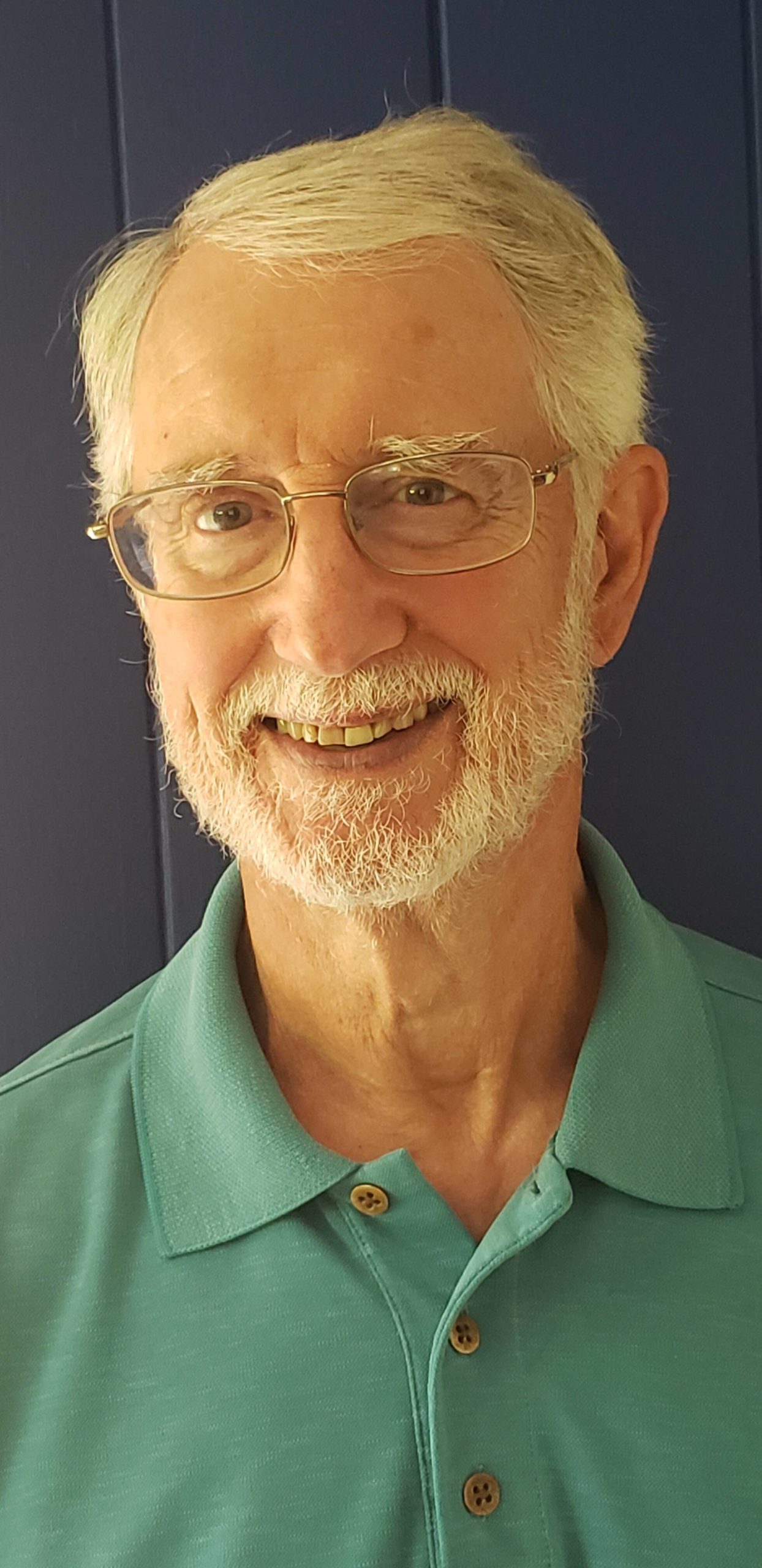On a sunny Sunday morning in early October, a remarkable event took place in Luther Burbank Park: the annual Friendship Walk sponsored by the Friendship Circle of Washington (FriendshipCircleWA.org). Billed as a “Community Fun Day,” it was the ninth year of this extraordinary gathering. About 400 people showed up for a 1K walk and a 5K run, music, food, games, and other activities.
But this event is unlike any other walk or run: It includes disabled children and teens with special needs, plus their families and friends.
I did the walk along with my wife, stepson and four grandchildren. We took part because my grandson Ford has a rare genetic disorder called CTNNB1 Syndrome. He is 6 years old, can’t walk and is non-verbal — but he loves speeding around in his wheelchair, laughing all the way. We were joined by many other people who have children with various physical, intellectual, and/or developmental disabilities.
The Friendship Circle’s admirable goal is to bring the community together regardless of abilities. In the past, those with disabilities were often ignored or hidden away, separated from so-called “normal” people. Many were institutionalized and unable to fully participate in society. Today, thankfully, there is growing awareness of the need to break down barriers.
My grandson, along with his sister and cousins, all had a wonderful time. They loved the event. We stayed for several hours and made many new friends.
Afterward, I spoke with the man behind the Friendship Walk, Rabbi Elazar Bogomilsky.
“The Friendship Circle is all about inclusiveness and making everybody feel welcome,” said Bogomilsky, who started the organization 18 years ago and is now its executive director. “We’re so fractured in a certain sense today, but we’re creating a place where people can become friends no matter who they are. We are creating awareness in the community of those with disabilities. They are part of the community too.
“Being inclusive for those of all abilities is what Friendship Circle is all about, removing the labels that many times put a distance between us and our neighbors. Allowing each individual to feel fully embraced and loved, without focusing on their disability, is something we need more of today.
He and his organization strongly encourage more interaction among abled and disabled.
“When you see someone with a disability, don’t look away. You shouldn’t turn your head. Engage with them. The more people who do that, the better. We want to teach the community what inclusiveness is all about.”
The Friendship Circle puts teenage volunteers together with disabled kids, which benefits both.
“This is showing the importance of community responsibility through the incredible dedication of our teen buddies,” the Rabbi said. “In today’s society, we need more true community engagement, with everyone truly valuing the other people in our lives. Think of what the world would be like if we all did that.”
As we ran, walked, and rolled around the park, I saw first-hand the power of friendship and engagement. Kids, parents, grandparents and caregivers listened to music, ate hot dogs and cotton candy, watched cheerleaders and jugglers, rolled in inflatable balls, did face-painting and crafts. Many stopped by booths of several sponsoring organizations that also work with disabled children and adults. The atmosphere was indeed fun, relaxed and joyful, with lots of smiles, laughs and hugs.
The Americans with Disabilities Act, passed more than 30 years ago, requires curb cuts, wheelchair ramps, elevators and other features that allow those with disabilities to be more independent. But the ADA has not been fully implemented in many places due to limited funding or lack of enforcement.
Besides, accessibility is one thing. Inclusivity is another. Many Americans of all ages have some kind of disability – from kids like my grandson to aging grandparents like me. We all need to be fully included. This is the next major step in America’s civil-rights movement.
The Walk with Friendship proves what is possible. The Friendship Circle deserves our community’s support.
John Hamer is a retired journalist and grandfather of four who lives on Mercer Island. Email him at jhamer46@gmail.com.


